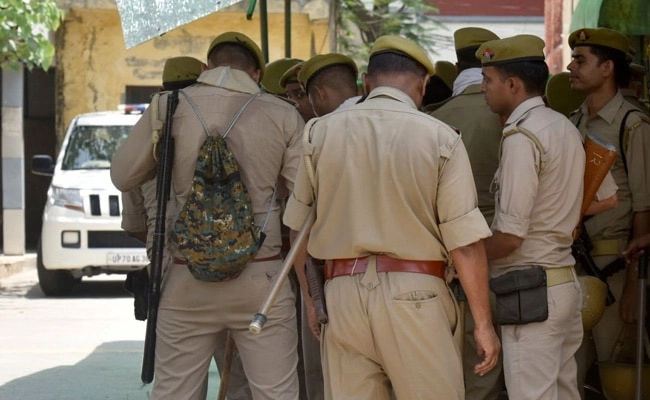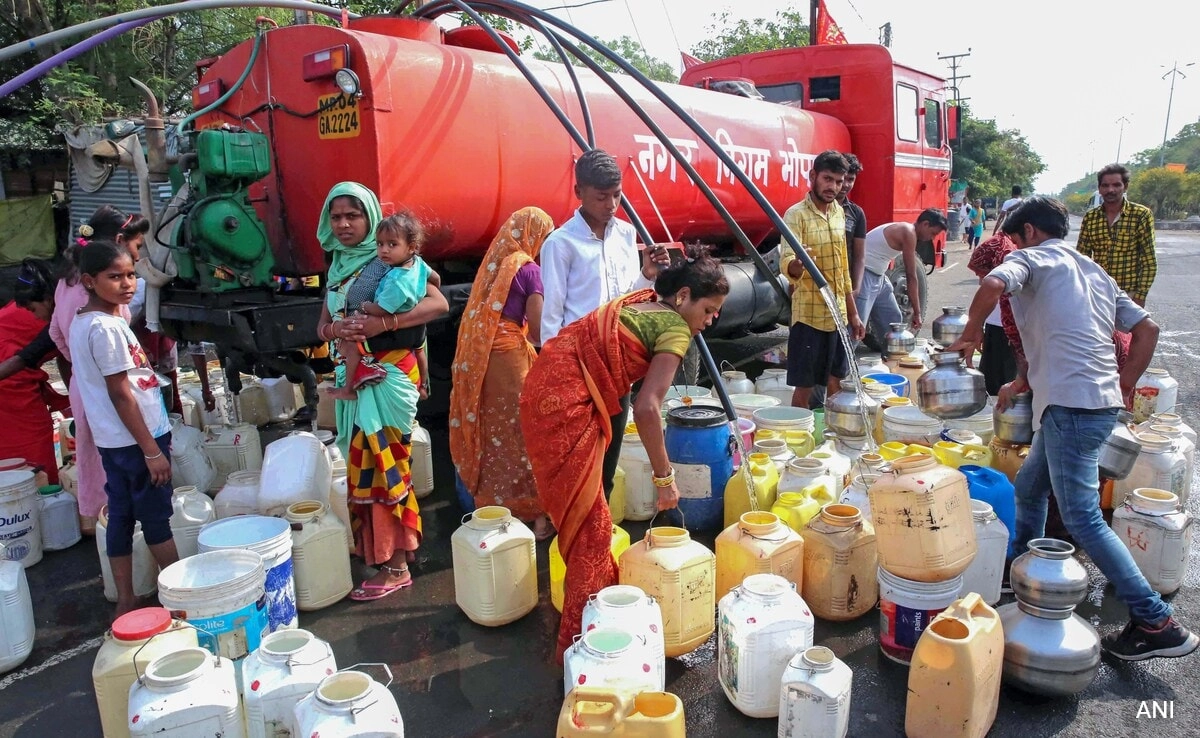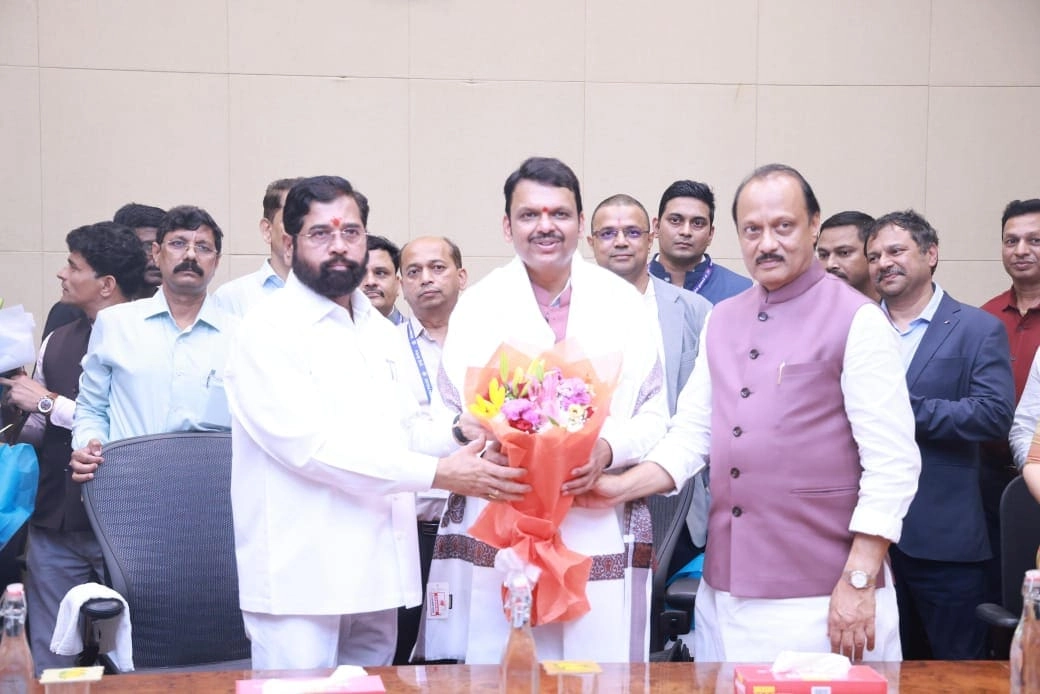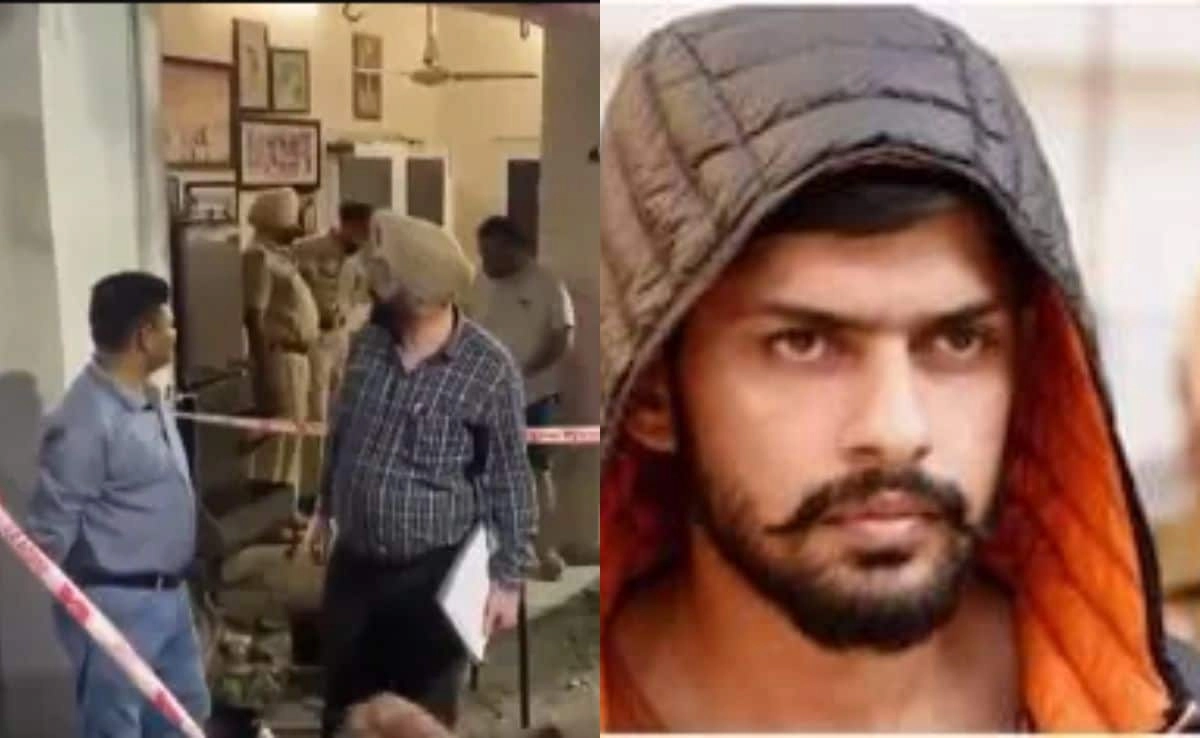In a recent announcement, Uttar Pradesh police have issued a stern warning regarding the potential cancellation of driving licenses for individuals who engage in offering Namaz on public roads. This directive comes in response to increasing instances of people performing religious prayers in the middle of busy thoroughfares, which poses significant safety risks and disrupts traffic flow. Authorities emphasize the importance of adhering to traffic regulations and maintaining public order, urging citizens to find appropriate spaces for their religious practices that do not interfere with the daily commute of others.
The police statement reflects a broader concern about public safety and the need for a balance between personal religious expression and the rights of other citizens. While the freedom to practice one’s faith is a fundamental right, it must be exercised in a manner that does not endanger others or impede the functioning of urban life. Law enforcement officials are keen to ensure that religious observances do not lead to accidents or create chaos on the roads, which can have dire consequences for all road users.
This warning has sparked a mixed response from the public, with some supporting the police’s stance on maintaining order and safety, while others argue that it infringes upon religious freedoms. The discussion highlights the ongoing tension between individual rights and communal responsibilities in a diverse society. As the police continue to monitor the situation, they are calling for cooperation from the community to uphold both religious practices and public safety. The emphasis is on finding solutions that respect the needs of all citizens, encouraging dialogue and understanding between different groups to foster a safer and more harmonious environment.
Ultimately, the UP police’s directive serves as a reminder of the importance of respecting public spaces while navigating the complexities of religious expression in a densely populated area. It calls for a shared commitment to ensuring that personal beliefs are practiced in ways that honor both individual identities and collective safety. The ongoing discourse surrounding this issue is likely to shape future interactions between law enforcement, local communities, and religious groups in Uttar Pradesh and beyond.




